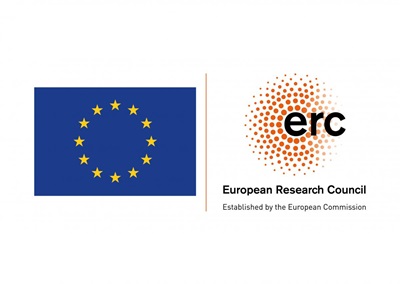Fufang works on the ePC-SAFT and mixed solvent electrolyte systems. The aim of this project is to assess data for mixed-solvent electrolyte system, to account for the physics that are present, to compare available models, and to propose a working model. Electrolyte solutions are present in various applications. Fufang hopes to promote our understanding in mixed solvent electrolyte thermodynamics.
Electrolyte solutions are present in various applications, including but not restricted to chemistry, geology, material science, medicine, biochemistry and physiology as well as many engineering fields especially chemical, biochemical, electrical and petroleum engineering.
'The design of processes requires precise thermodynamic property models that are valid in wide ranges of conditions in terms of temperature, pressure, species and concentration.
For the mixed solvent electrolyte systems, major questions remain unanswered; misunderstandings are present; consensuses of fundamental concepts and standards aren’t available.
Most available models on mixed solvent electrolyte systems are based on activity coefficient models. However, the statistical associating fluid theory (SAFT) is a group of thermodynamic property models that have been proved successful in predicting and correlating complex systems.
Compared to activity coefficient models, SAFT is more versatile in that it can take into account various interactions, and more reliable because of its theoretical basis.
Fufang’s work will assess data for mixed-solvent electrolyte system, account for the physics that are present using the ePC-SAFT framework, compare available models, and propose a working model.
Main supervisor:
Georgios Kontogeorgis
Co- supervisor:
Jean-Charles de Hemptinne

“This project has received funding from the European Research Council (ERC) under the European Union’s Horizon 2020 research and innovation programme (grant agreement No 832460)”.